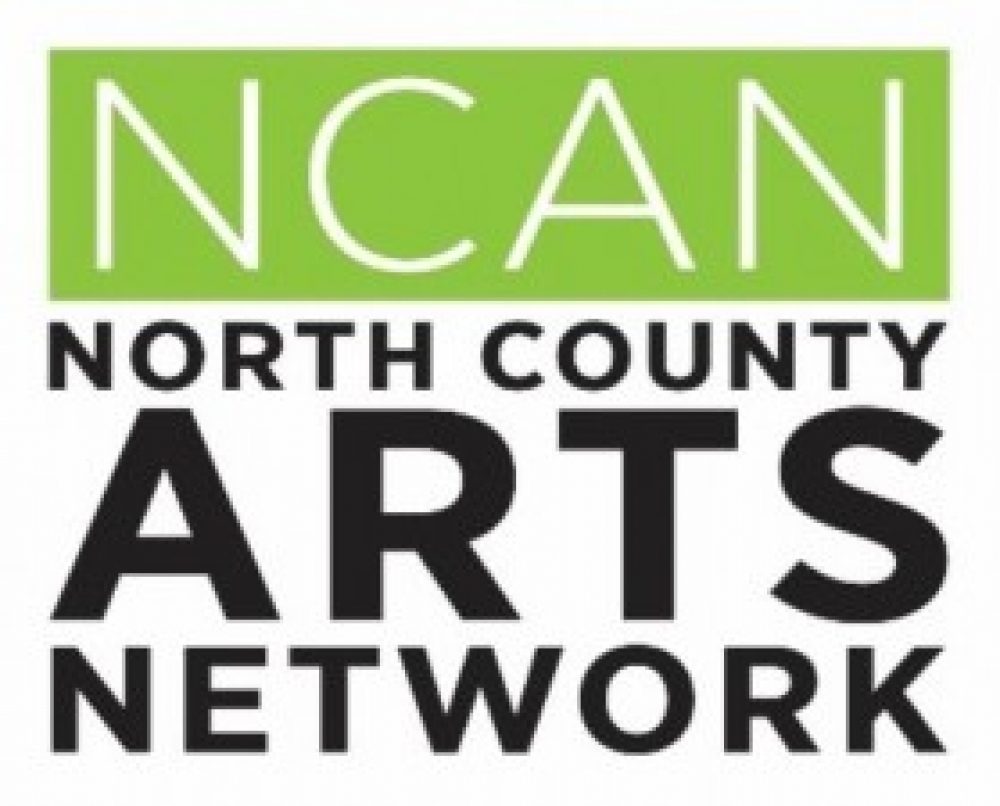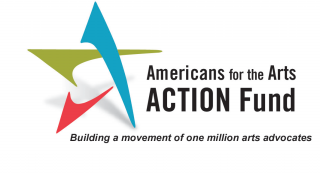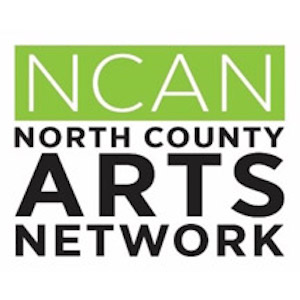Presented by Americans for the Arts Action Fund
10 Reasons to Support the Arts
- Arts are fundamental to our humanity. They ennoble and inspire us – fostering creativity, excellence, and beauty. The arts help us express our values, build bridges between cultures, and bring us together regardless of ethnicity, religion, or age.
- Arts improve academic performance. Students with an education rich in the arts have higher GPAs and standardized test scores, and lower drop – out rates -benefits reaped by students regardless of socioeconomic status. Students with 4 years of arts or music in high school average 100 points better on their SAT scores than students with just one-half year of arts or music.
- Arts strengthen the economy and create jobs. The U.S. Bureau of Economic Analysis reports that the arts and culture sector represents 3.25 percent of the nation’s GDP– a larger share of the economy than tourism and agriculture. The nonprofit arts industry alone generates $135 billion in economic activity annually (spending by organizations and their audiences) that supports 4.1 million jobs and generates $22.3 billion in government revenue.
- Arts are good for local merchants. Attendees at nonprofit arts events spend $24.60 per person, per event, beyond the cost of admission on items such as meals, parking, and babysitters. Attendees who live outside the county in which the arts event takes place spend twice as much as their local counterparts ($39.96 vs. $17.42)-valuable revenue for local businesses and the community.
- Arts drive tourism. Arts travelers are ideal tourists, staying longer and spending more to seek out authentic cultural experiences. The U.S. Department of Commerce reports that the percentage of international travelers including museum visits on their trip has grown steadily since 2003 (18 to 24 percent). The share attending concerts and theater performances has grown from 14 to 17 percent since 2003.
- Arts are an export industry. U.S. exports of arts goods (e.g., movies, paintings, jewelry) grew to $72 billion in 2011, while imports were just $25 billion– a $47 billion arts trade surplus.
- Arts spark creativity and innovation. The Conference Board reports that creativity is among the top five applied skills sought by business leaders– with 72 percent saying creativity is of high importance when hiring. What’s the biggest creativity indicator? A college arts degree. Their “Ready to Innovate” report concludes, “The arts-music, creative writing, drawing, dance-provide skills sought by employers of the 3ed millennium.” Nobel laureates in the sciences are 17 times more likely to be actively engaged in the arts than average scientists.
- Arts have social impact. University of Pennsylvania researchers have demonstrated that a high concentration of the arts in a city leads to higher civic engagement, more social cohesion, higher child welfare, and lower poverty rates. A vibrant arts community ensures that young people are not left to be raised solely in a pop culture and tabloid marketplace.
- Arts improve healthcare. Nearly one-half of the nation’s healthcare institutions provide arts programming for patients, families, and even staff. 78 percent deliver these programs because of their healing benefits to patients-shorter hospital stays, better pain management, and less medication.
- Arts mean business. The Creative Industries are arts businesses that range from nonprofit museums, symphonies, and theaters to for-profit film, architecture, and design companies. A 2014 analysis of Dun & Bradstreet data counts 750,453 businesses in the U.S. involved in the creation or distribution of the arts that employ 3.1 million people– representing 4.2 percent of all businesses and 2.1 percent of all employees, respectively.
(Download a free Creative Industry report for your local community at www.artsusa.org)


